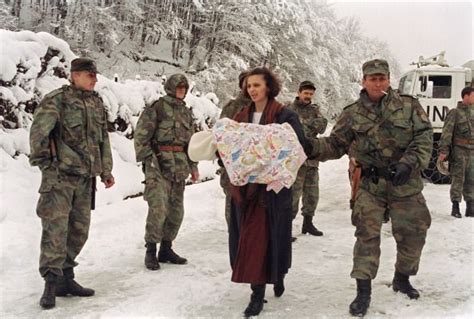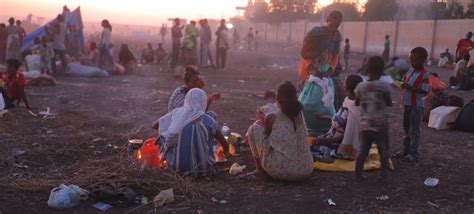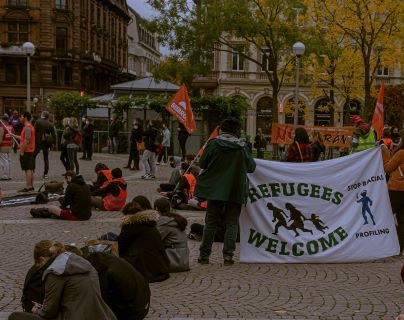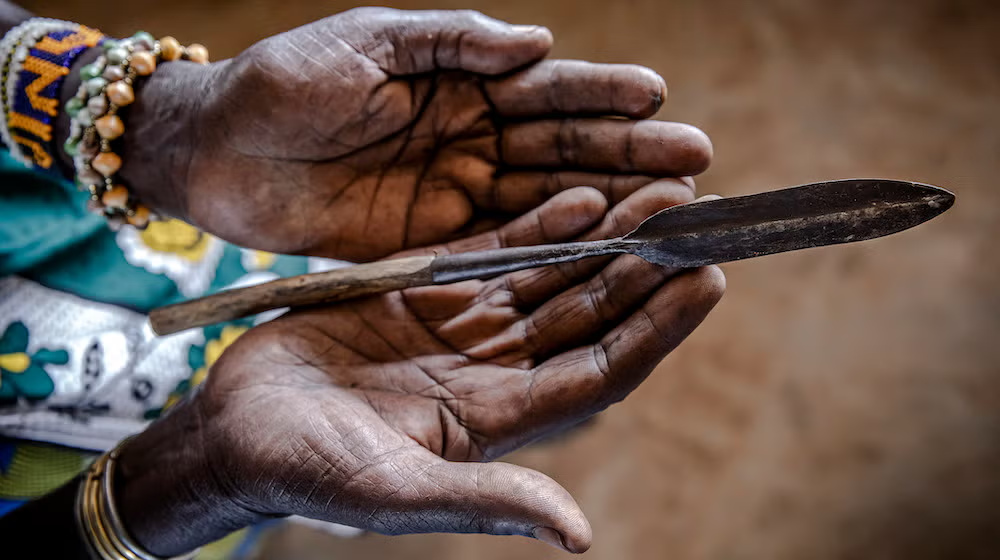By Pauline Kamiri
Nairobi, Kenya: Rape has over the years been used in various conflicts as a way for attackers to perpetuate their social control, redraw ethnic boundaries and impose punitive codes of conduct by destabilizing the said communities and sowing terror within them.
The systematic rape of women in Bosnia, to an estimated 200,000 women sexually assaulted during the battle for Bangladeshi independence in 1971. In Japan, rape was meted during the 1937 occupation of Nanking – these are some of the examples in the past century.
A report by Medecins Sans Frontieres says it came across rape as a weapon of war in the 90’s. It says “In Bosnia systematic rape was used as part of the strategy of ethnic cleansing, women were raped so they could give birth to a Serbian baby.”
Gita Saghal Head of the Gender Unit at Amnesty International in 2003 said “ Women are seen as the reproducers and caregivers of the community; therefore if one group wants control over another they often do it by impregnating women of the other community because they see it as a way of destroying the opposing community.”

In many nations, the collapse of the rule of law leaves them unable to deal with allegations of rape, while in other women feel too exposed to stigma to accuse the perpetrators post-conflict.
On June 19th, 2008 the United Nations Security Council resolution 1820 paved the way for more understanding of rape being used as a tactic of war. The main points of the resolution of 1820 were strengthening the protection of women from sexual violence which included evacuating women from imminent threat as well as training troops on the prohibition of sexual violence.
It also mentions state-specific sanctions against parties to armed conflict who are perpetrators and making sure that individuals who have participated in sexual violence are excluded from institutions that handle security issues when going into post-conflict.
This however does not happen in most African countries, post-conflict the perpetrators of these heinous acts are never charged in the courts of law but are vindicated and continue to serve in their capacities or are promoted to higher ranks.
According to Human Rights Watch in 2014/2015, patterns of rape in the Darfur region of Sudan which was war-torn were very alarming since it showed various Sudanese units had deliberately committed rape and other sexual violence against large numbers of women in many attacks at various locations and times.
No one is known to have been held accountable to date. The Rapid Support Forces, a military unit under the command of the National Intelligence and Security Service (NISS), used sexual violence in Jebel Mara and other areas throughout 2015.

In the recent conflict happening in the Tigray region of Ethiopia women’s bodies are still part and parcel of the terrain of conflict. The conflict which began in early November of 2020 has maimed and killed thousands in the unending scuffle between Tigray’s People Liberation Front and Abiy Ahmed’s government.
A horrifying video showing a doctor operating on a woman who was brutally raped in the conflict-torn Tigray region has been circulating widely on WhatsApp since early March. The surgery took place in a hospital in Adigrat, in the north of Tigray. This video documenting a horrifying story of violence committed on this woman provides a unique and unfathomable illustration of what is going on in Ethiopia.
The media has constantly reported the increase in rape cases ever since the conflict began in the region with most of the reports pointing at the militia, Ethiopian and Eritrean troops.
A member of the medical team in the Adigrat hospital, Ethiopia, said that since the conflict began the hospital has recorded 254 who are survivors of rape 175 of whom had fallen pregnant from the vice with the youngest victim being 4 years and the eldest being 89.
He attributed the many pregnant victims to them not visiting the hospital until they realize they are pregnant. He says there are so many more victims who choose to stay quiet after falling victim to rape because of societal reasons and being ashamed.
Abiy Ahmed has finally admitted that rape has been committed, without specifying by which party; whether the Ethiopian troops or the Eritrean troops. This comes after his admission that Eritrean troops were participating in the conflict.
Stigma, emotional torment, social ostracism, and fear of rejection by their families or communities have prevented many women and girls from reporting rape. Others live in remote areas where no psychosocial or medical services exist.
Many have been threatened by the perpetrators or members of their armed group or army unit, deterring victims from seeking justice. Most of these attacks cause women to flee from their homes leading to fragmentation of communities and the high risk of HIV/AIDS infection across a community.
Pauline Kamiri is a journalist based in Nairobi, Kenya.














